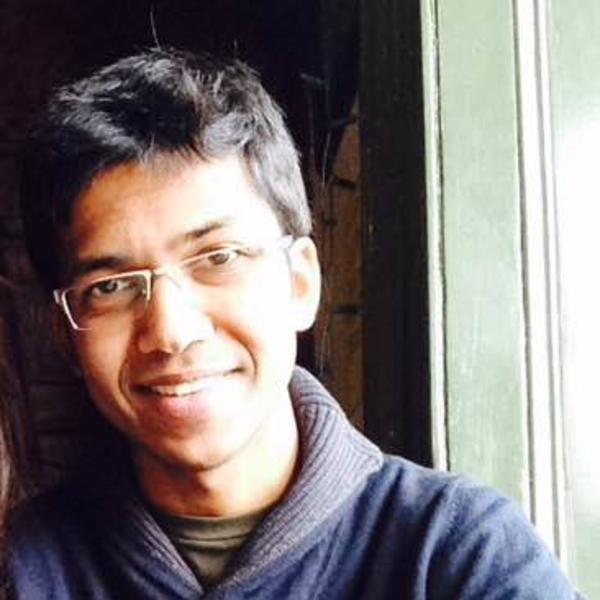Dr. Calum MacKellar
Dr. Calum MacKellar is the Director of Research of the Scottish Council on Human Bioethics which encourages the engagement of Scottish society in biomedical ethics. He is also a Visiting Lecturer of Bioethics with St. Mary's University in Twickenham and with King Saud bin Abdulaziz University for Health Sciences in Riyadh, Saudi Arabia. Having worked with the Bioethics Division of the Council of Europe in Strasbourg, Dr. MacKellar has, in addition, extensive experience of international bioethics.
Dr. Tony Gutierrez
Tony Gutierrez is Associate Professor in Environmental Microbiology & Biotechnology at Heriot-Watt University, Edinburgh. After completing his PhD at The University of New South Wales, Australia, he worked as a postdoctoral fellow at a number of academic institutions (UF, Florida 1999-2001, SAMS, Oban 2003-2008). In 2008, a Marie Curie Fellowship took him to the University of North Carolina at Chapel Hill to study oil-degrading bacteria in the ocean and their intimate association with micro-algae/phytoplankton, during which time he turned his focus also to study the microbial response to the historic Deepwater Horizon oil spill. He joined Heriot-Watt in January 2012 and is currently leading research on the role of microbes in human-induced perturbations (e.g. climate change, oil spills), and how they can be used to clean up pollution and for biotechnological applications.
Gary Quinn
Gary Quinn is an assistant professor and works as a lecturer and researcher at Heriot-Watt University in Edinburgh, teaching on a number of University programmes. He is also studying part-time for a PhD and his research interests include pragmatics, metaphor, signed vocabulary for science terminology, variation in BSL and the different linguistic strategies used within a signed interaction.
He has worked as a consultant to a number of British and international organisations and has published a range of articles on the subject of sign linguistics and Sign Sciences.
Kate Davies
Kate Davies is a knitwear designer and author, writing on many topics from disability and design to textile history and women’s history. She’s published eight books about hand knitting, lives in west-central Scotland, and loves her local landscape.
Nicola Sobieraj
Nicola is a former psychology graduate from Heriot-Watt University who received a Vacation Scholarship from Medical Research Scotland in 2017 in the final year of her degree, after which she was appointed as a Research Assistant to further explore the ways of restoring and rehabilitating cognitive functions in a way akin to how people function in everyday life settings. She works with the Detecting Alzheimer’s & Enhancing Memory team (DAEM) at Heriot-Watt University which is interested in the development of assessment and intervention methods for individuals experiencing cognitive decline, which impacts on their daily living functions.
Prof. Alan MacDonald
Prof. Alan MacDonald leads international groundwater research at the British Geological Survey - currently about 15 projects in 25 countries. He started his career in the 1990s working with the UK charity WaterAid helping to develop water supplies from groundwater in rural Nigeria. Since then he has worked extensively across Africa and Asia on water security issues advising governments and NGOs and carrying out academic research with partner universities. He has written several books and many research articles on African groundwater and is currently focussing on the impact of climate change on groundwater and improving the functionality of water supplies.
